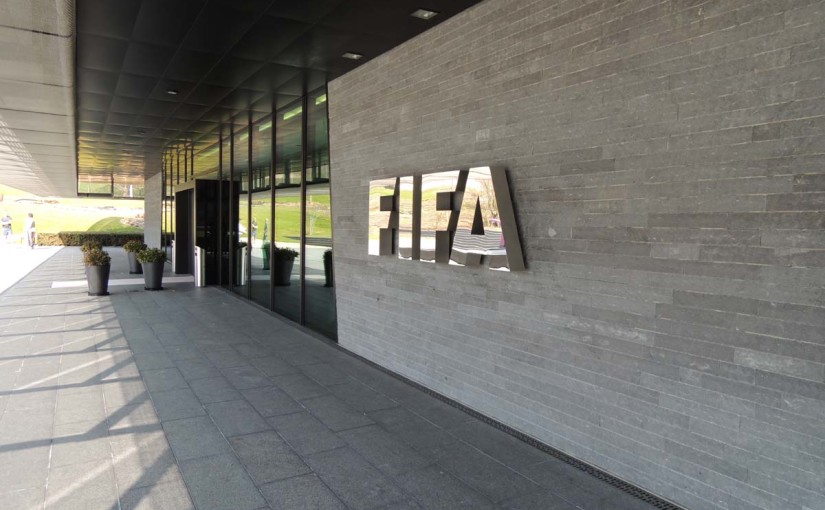By Andrew Warshaw
September 22 – FIFA’s ethics investigators have tabled a request to this week’s executive committee meeting calling for greater powers to explain precise reasons for punishing officials in order to offset constant media speculation and speed up the reform process.
FIFA are about to issue the agenda for the eagerly awaited two-day exco session Thursday and Friday which has taken on extra interest following the suspension of secretary-general Jerome Valcke who will now be conspicuous by his absence both at the meeting of FIFA’s top brass and the press conference afterwards.
It is understood that high on the agenda will be an ethics committee request to be given the chance to show more transparency and shake off any suspicion of being influenced by the FIFA administration in terms of individual cases.
Last week, UEFA chief executive Gianni Infantini, inadvertently or otherwise, all but confirmed the proposal when asked specifically about the case of Spanish FA boss Angel Villar Llona who is believed to be under investigation despite his position of authority at both FIFA and UEFA.
Whilst declining to comment on that or any other case, Infantino told reporters: “I understand that next week, at the FIFA exco, there will be a request to amend the regulations of the ethics code of FIFA to allow more communication on pending investigations which today is not allowed. Whatever can bring more transparency is better.”
The unprecedented move reveals the growing frustration of the two men who run the ethics committee, investigative chamber head Cornel Borbely and ethics judge Hans-Joachim Eckert, in terms of what they can and can’t reveal – and when.
As the rules stand now, neither of them are at liberty to name accused parties on request – or, crucially, to publicly justify their decisions until cases are closed and appeals have been exhausted, unlike in a normal criminal court. Clearly frustrated at being hamstrung by the current regulations, the pair recently called for “greater opportunities for transparency” and want FIFA’s new-look executive committee to make a ruling this week.
“As it stands, the FIFA Code of Ethics prevents the names of accused parties within an investigation from being disclosed upon request,” Borbely said in a statement last month. “This is inconsistent with state criminal proceedings in Switzerland and Europe, which would provide significantly greater transparency.
“Transparency should be attributed greater importance in the future when weighing up protection of privacy against disclosure.”
Eckert said his department should be allowed to provide more information more quickly. “This should be regardless of whether or not the football official in question is appealing the decision,” he said.
Fifa later issued a heavy 24-point agenda, with the amendment to the ethics code coming in at number 20 with no further details.
Conspicuous by his absence will be Valcke, suspended last week with immediate effect over an alleged World Cup ticketing scandal. He would have provided exco members with a number of updates. Instead these will be presented by acting general secretary Markus Kuttner including one on the 2022 World Cup in Qatar.
Also on the agenda is an update on the separate US and Swiss probes into FIFA’s conduct and how far into its work FIFA’s 12-member Reform Committee has come.
Contact the writer of this story at moc.l1745009618labto1745009618ofdlr1745009618owedi1745009618sni@w1745009618ahsra1745009618w.wer1745009618dna1745009618

